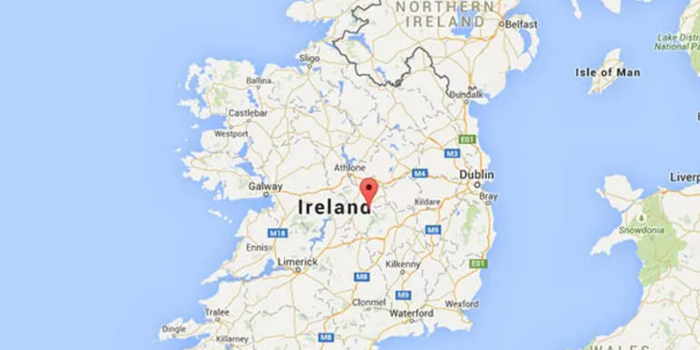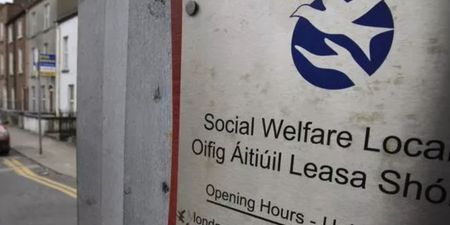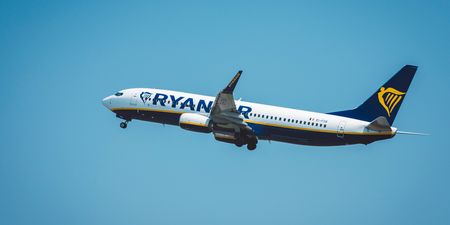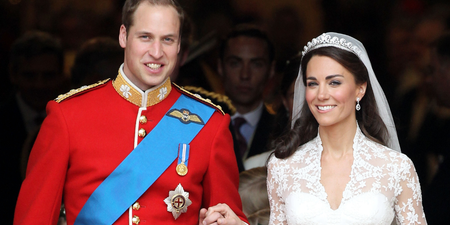The study also said that these costs would result in ‘an immediate major reduction’ in ‘living standards’.
A United Ireland could cost up to €20 billion a year for 20 years, according to a new report.
It also said that unification would require a rise in taxation of about 25%, as well as a significant reduction in expenditure.
The report about the increasingly discussed topic is titled Northern Ireland Subvention: Possible Unification Effects and comes from The Institute of International & European Affairs.
Its co-author Professor John Fitzgerald appeared on RTÉ’s Morning Ireland on Thursday (4 April) and was asked how he arrived at the figure.
A new paper 'Northern Ireland Subvention: Possible Unification Effects' authored by Co-Chair of the @IIEA Economists Group, John Fitzgerald and Member of the Economists Group Professor @MorgenrothEdgar has been published. Read the full paper here: https://t.co/C3SimRAVcn pic.twitter.com/ndlvAQgxUq
— IIEA (@iiea) April 4, 2024
He explained: “In 2019, the central government in London had to transfer €11 billion to Northern Ireland to pay for health, education and so on. So, there’s a gap between the revenue in Northern Ireland and the expenditure.
“The gap would be some what smaller in the case of unification because the British army costs a lot but it would just knock about a billion off the cost.
“So, you’re down to €10 billion. Also welfare payments and public sector pay rates are dramatically lower in Northern Ireland than the Republic.
“You couldn’t really have unification and have the poor cousins up north paid 2/3rds of what they are in the south.
“So that would cost €10 billion to equate social welfare payments and public sector pay.”
In terms of the impacts on this economy, Fitzgerald said that finding €20 billion is “like a third of a bank bailout every year”.
“It’s a lot of money so it would be very expensive,” he explained, adding: “The solution is if Northern Ireland dramatically changes how they run their economy, particularly in the education sphere.”
He said that this would mean that “the gap between the north and the south would narrow and also that their revenue would rise substantially more”.
However, Professor Fitzgerald also highlighted that changes of this level in education could take “probably around 20 years before they caught up”.
The conclusion of the report itself reads as follows:
“While the very low productivity of Northern Ireland’s economy continues to leave it among the poorest regions in the UK, it will have a very large fiscal deficit. Even though Ireland has a much higher national income, funding the needs of the people of Northern Ireland in a united Ireland would put huge financial pressure on the people of Ireland, resulting in an immediate major reduction in their living standards.
“If, instead, Northern Ireland made major changes in its economy designed to dramatically raise productivity, over time this would narrow the gap in living standards between Northern Ireland, the rest of the UK and Ireland. In turn, this would reduce the Northern Ireland deficit and also reduce the cost of applying similar standards in Northern Ireland to those in Ireland. This could substantially reduce the cost of unification.
“If Northern Ireland chose to remain in the UK indefinitely, by reforming its economy it would also greatly enhance its economic position within the UK, realising a substantial improvement in its relative standard of living.
“However, even under the most favourable circumstances with optimal policies, it is likely to be at least two decades before the productivity gap could be substantially narrowed. Nonetheless, the sooner such changes are implemented, the sooner the benefits will accrue to the people of Northern Ireland whether they remain in the UK or eventually join in a united Ireland.”
Read more:
- Dubliners left heartbroken by reported closure of 430-year-old pub
- Irish basketball teams ordered to replay final 0.03 seconds of game for bizarre reason
- Learner drivers to be banned from Irish roads if they keep failing tests
- Search on for Ireland’s newest Lotto millionaires as winning counties announced
- Dublin house prices skyrocketing by over €1,000 a week
- Homeless Cork man buys ‘dream home’ thanks to huge fundraiser
LISTEN: You Must Be Jokin’ with Aideen McQueen – Faith healers, Coolock craic and Gigging as Gaeilge












































